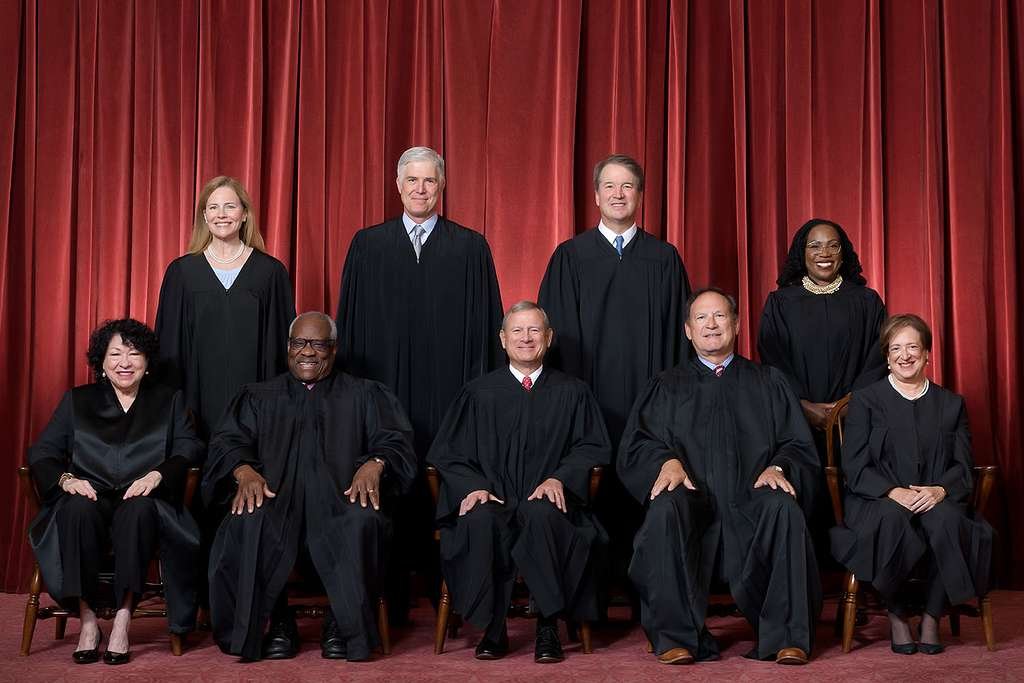by Daniel Johnson
August 24, 2025
The National Institutes of Health research funding block is part of Trump’s anti-DEI push.
In a 5-4 decision, the Supreme Court allowed the Trump administration to block nearly $783 million in National Institutes of Health research funding, citing the administration’s opposition to projects supporting diversity, equity, and inclusion.
According to NPR, Robert F. Kennedy Jr, Trump’s Secretary of Health and Human Services, instructed the NIH in February to reevaluate all grants that either funded or supported anything that could be considered “DEI and gender identity research activities and programs,” this also extended to projects regarding “vaccine hesitancy,” and the impact of the pandemic, which the NIH said had outlived their “limited purpose.”
After this move, 16 states, advocacy organizations and researchers sued Kennedy and the NIH arguing that the termination of the grants was unconstitutional. A federal district judge agreed with their argument, ruling that the termination of the grants was based on “no reasoned decision-making.”
Furthermore, Judge William Young upbraided the NIH for breaking its “historical norm of a largely apolitical scientific research agency,” Young, a Ronald Reagan appointee, also noted in his comments at the hearing, “I’ve never seen government racial discrimination like this. Have we no shame?”
However, the Supreme Court rendered this judgment invalid at the request of the Trump administration, which prompted a sharp dissent from Justice Ketanji Brown Jackson.
“In a broader sense, however, today’s ruling is of a piece with this Court’s recent tendencies. [R]ight when the Judiciary should be hunkering down to do all it can to preserve the law’s constraints, the Court opts instead to make vindicating the rule of law and preventing manifestly injurious Government action as difficult as possible…This is Calvinball jurisprudence with a twist. Calvinball has only one rule: there are no fixed rules. We seem to have two: that one, and this administration always wins,” she wrote.
As The Guardian noted, Calvinball is a reference to a fictional game depicted in the comic book strip “Calvin and Hobbes.” In keeping with Jackson’s previous usage of the judicial dissent as an alarm to the nation that this is an abnormally functioning Supreme Court, this dissent is not concerned with decorum or congeniality, it is, however, concerned with the practical application of justice.
Although the Supreme Court only officially ruled that the U.S. District Court of Massachusetts likely didn’t have the authority to review the termination of research grants by the NIH, it is nonetheless a setback, as Massachusetts Attorney General Andrea Joy Campbell noted in a statement released after the Supreme Court ruling came down.
“Even though the Court did not dispute that the Trump Administration’s decision to cut critical medical and public health research is illegal, they ordered the recipients of that funding — hospitals, researchers, and the state — to jump through more hoops to get it back. All the while, our research institutions, economy, and residents who depend on this lifesaving medical research will suffer,” Campbell stated.
RELATED CONTENT: Justice Ketanji Brown Jackson Slams ‘Narrow-Minded’ Supreme Court For Catering To ‘Moneyed Interests’

